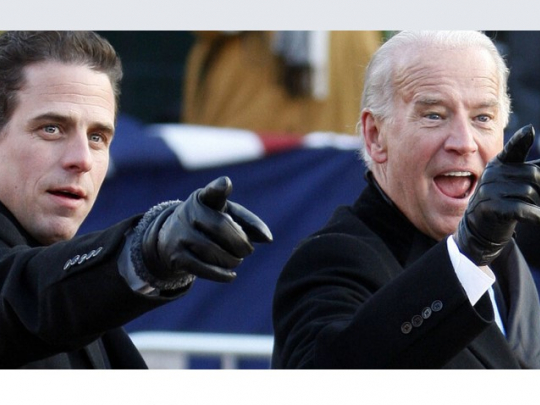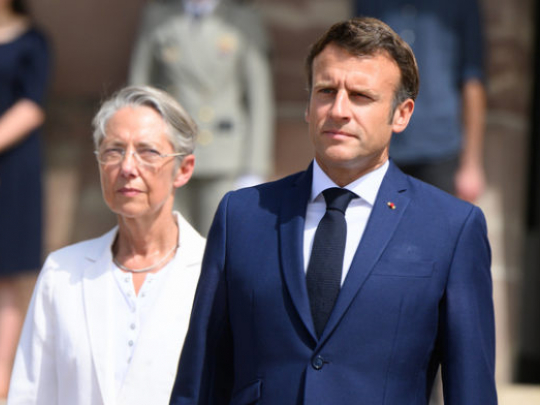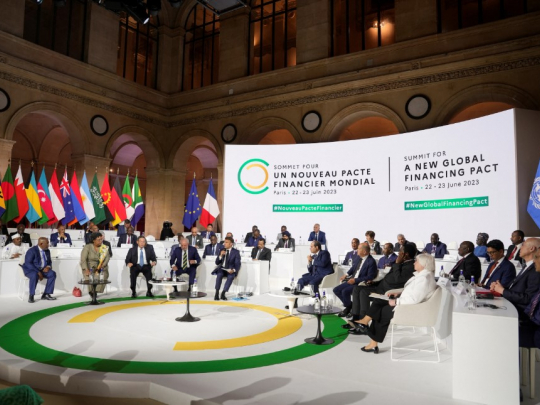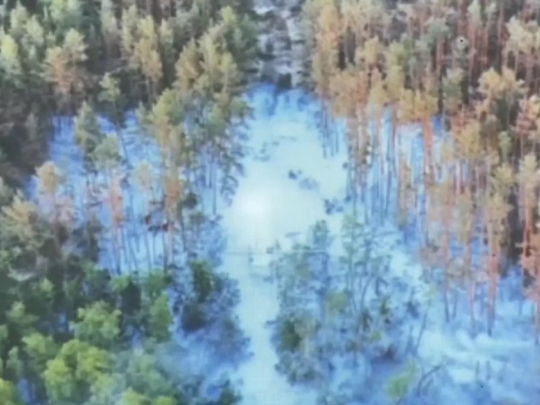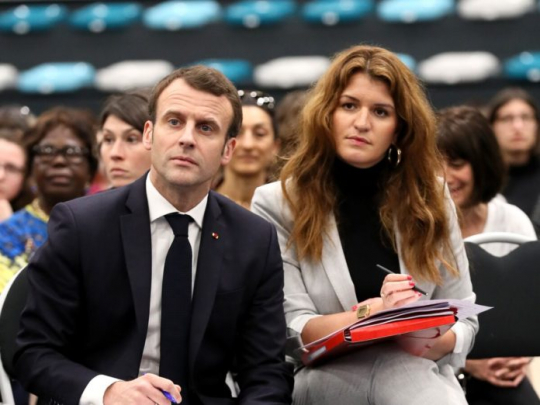European Electricity Prices Soar After France Cuts Nuclear Output Forecast
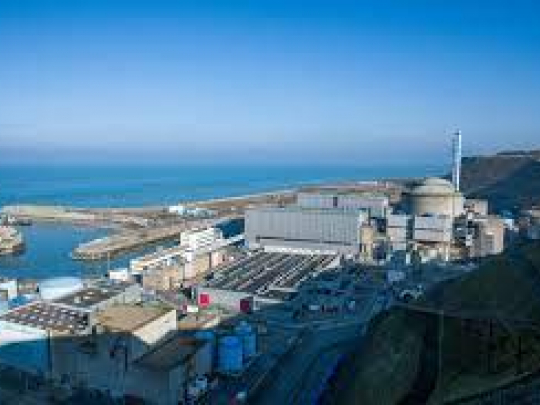
When we first heard yesterday that Europe's largest energy producer, French EDF (Electricite de France) had paradoxcially again cut its nuclear output target for a second time in a month - despite already ridiculously high energy costs in France and across the continent - we had a very quick reaction: this would make Putin very happy as Europe would become even more reliant on Russian gas.
EDF said nuclear output is expected to fall to 295 and 315 terawatt-hours in 2022, down from an earlier forecast of 300 and 330 terawatt-hours. The last time the company’s nuclear production fell below 300 terawatt-hours was more than three decades ago. Further cuts to next year’s output could come when EDF reports results later this month, Morgan Stanley said in a report.
“When the target is close to or under 300 terawatt-hours, it starts to raise concerns for next winter in terms of supply and demand,” said Emeric de Vigan, chief executive officer at French energy analysis firm COR-e.
Sure enough, on Tuesday European electricity prices surged, just as expected, as energy traders responded to Electricite de France SA announcement that its nuclear production could fall this year to levels not seen since 1990, and Morgan Stanley says there’s a “meaningful likelihood” of a production cut for 2023. The shortfall has forced France to import electricity at times, tightening supplies in neighboring countries used to relying on the French nuclear giant to keep the lights on.
German year-ahead power, a European benchmark for electricity, spiked as much as 4.7% to 147 euros a megawatt-hour, while the March contract surged as much as 5.5%. The French contract for next year rose 7% to 162 euros, the highest level so far in 2022.
The French nuclear giant, once a source of national pride, has been grappling with several reactor outages that will hit earnings. Buying back 15 terawatt-hours of power at current prices will cost EDF 2.1 billion euros ($2.4 billion), or 8% of the company’s market capitalization, said Ahmed Farman, an analyst at Jefferies Group said.
France was Europe’s biggest net exporter of power in the second half of last year, sending the equivalent of 10% of its demand abroad, according to industry consultant Enappsys Ltd. Less nuclear output in 2022 will probably cut exports to nations from Germany and the U.K., increasing their exposure to high gas and coal prices for its power plants.
EDF shares fell as much as 4.5%, prompting Morgan Stanley to say that "these announcements are detrimental for sentiment on the stock and may encourage investors to wait longer before re-engaging on the name."
As Bloomberg notes, while EDF’s reactors are the backbone of an increasingly integrated European power system, the fleet is getting more unreliable because of long periods of planned and unplanned maintenance. A slew of recent outages has worsened the energy crisis in Europe just as Russia is flowing less natural gas to the continent and tensions over Ukraine are running high. In effect, the EDF decision has made France - and Europe - more reliant on Russian gas exports, not less, at a time when Russian "energy cooperation" with Europe is increasingly a topic of hot debate.
It's almost as if puppetmaster Putin is quietly running Europe's energy infrastructure decisions behind the scenes in ways that are most beneficial to Russia. That, or Europe's bureaucrats are a bunch of bumbling buffoons.
- Source : Tyler Durden - Zero Hedge





